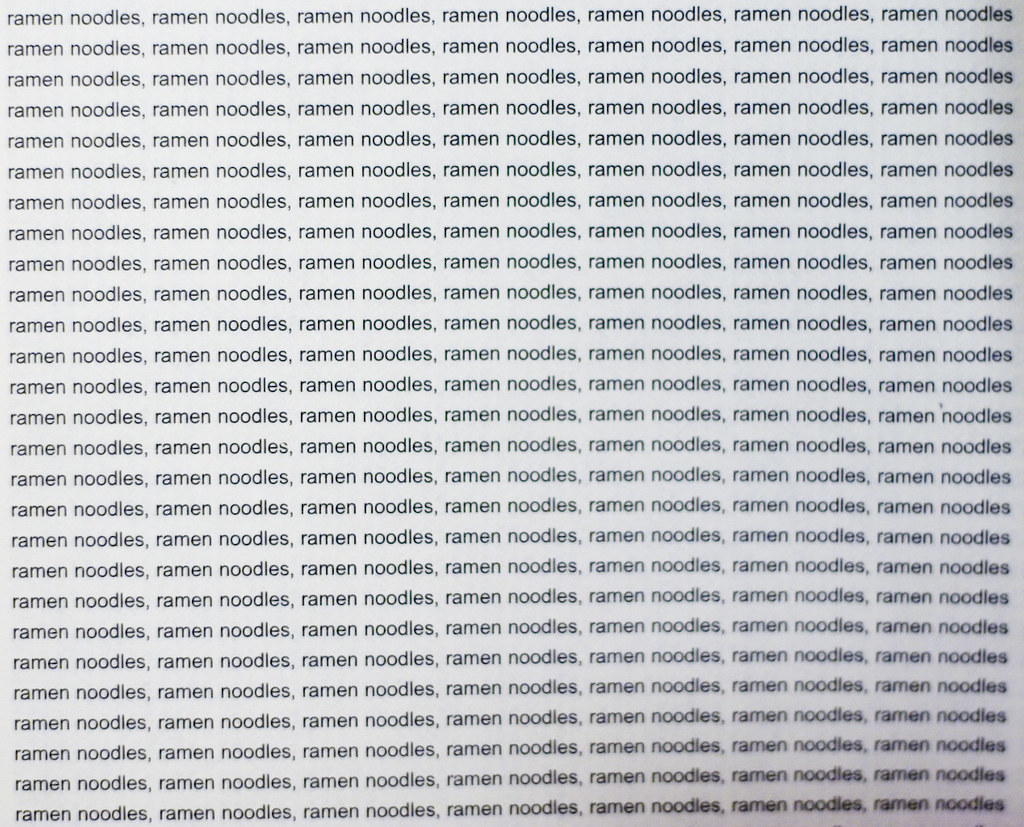
https://www.amazon.ca/JPod-Douglas-Coupland/dp/0679314253
Douglas Coupland’s hit novel JPod explores the features of avant-garde writing and makes fantastic use of inappropriate content. I personally enjoyed this novel as I would consider my sense of humor somewhat dark and twisted. I also started reading this novel with a broad background in both geek culture and technology and found it far more enjoyable than most people would. I found Coupland’s work fascinating and innovative with the stylistic features he chose in incorporate into the story. However, I will admit, most people will find this novel extremely offensive, boring, and confusing.
The start of this novel begins with random numbers, letters, and words that don’t show real meaning. Right off the bat, this can be seen as a confusing feature for many readers. I personally see these pages as a hook to draw curious readers in, and I believe it can be taken both positively and negatively. When progressing through this monstrous 500+ page book, I started to realize that around 100 of these pages are filled with random ads, numbers, or words. To me, these stylistic features were a huge turn off as I listened to this novel through an audio book and there were minute long passages of “3.1415926…”(Coupland 383). It’s easy to assume that a majority of readers would also find this unappealing as the amount of audio book listeners are growing at a rapid rate while physical readers are declining (Rugo 2019). Along with the pages filled with numbers, the novel had an epistolary aspect with emails and interviews. Whenever there is a 10 page interview, every sentence a character says starts with the name of the character. For example:
Kaitlin: What was it?
Mark: I can’t even remember.
Kaitlin: Oh, please. Something shameful?
Mark: [blah blah blah]
(Coupland 438-439)
As many would assume, this gets very annoying.

https://hiveminer.com/Tags/book%2Cjpod
Beyond the odd stylistic features of this novel, critics claim this novel to be contemporary (Goodreads 2007). The reason behind this is clear as JPod lacks any form of plot or story structure. I found this style of novel to be overwhelming at first as the context behind the narrative didn’t made sense, but as I kept reading, the novel felt as though it was a TV script. I personally enjoyed the novel as I’m open to new experiences, but most people will fail to enjoy this form of novel. As psychologists have come to the conclusion that “familiarity breeds enjoyment“, it’s clear that the average reader may not enjoy this novel (Raghunathan 2012). Upon closer look, it becomes evident that with a novel that ignores story plots or any sense of direction, people will not be able to enjoy it as it lacks familiarity. When I finished reading the story, I was left content, but I felt as though there was no conclusion or purpose to the story. Compared to any other novel I read previously, JPod lacks a moral message. The sole fact that JPod serves no purpose in existing other than temporary entertainment suggests that people wouldn’t be interested in finishing this book. The effect of wanting to find out what happens next seizes to exist in JPod.

https://litreactor.com/columns/hurdles-and-a-pyramid-plotting-your-short-story
Throughout Coupland’s works, a common theme in his novels is the appeal to geek culture. I can often relate to most of the odd video game and movie references he makes in this novel, but in the modern age, I feel as though most readers would not understand the context behind several jokes. Along with these obscure jokes, Coupland is a heartless man as he uses human trafficking and sexuality for humorous content. As I was raised connected to the internet, I have been rather desensitized to most of these jokes and find them borderline humorous, but I know for a fact that many people would get offended by his writing. As older generations refer to the modern generation with a derogatory term, “snowflakes“, this kind of content may be too sensitive for the decade after JPod was initially published (2006). The modern gen of teenagers is often seen as “nice and very sensitive” (Alberge 2018). Topics such as assault, murder, slavery, drugs, trafficking, etc can all be triggering for many individuals as many modern age children are brought up in a violent environment created by previous generations (Alberge 2018).
https://www.youtube.com/watch?v=U_kXuQHZmWs
Although I personally found JPod to be an innovative masterpiece, I completely understand why people dislike this novel and believe most people will end up offended after reading JPod. From severely insensitive humor to unorthodox structuring, I too could argue that this novel is a terrible read, but I choose to see the positive sides. I wouldn’t recommend this novel to anyone that knows nothing about technology or someone that may be sensitive to dark topics. Most importantly, if I were to recommend this book to someone, I would strongly encourage them to buy an e-book or physical copy rather than an audio book.
Works Cited
Alberge, Dalya. “Blame Parents for ‘Snowflake’ Millennials, Says Author Fay Weldon.” The Guardian, Guardian News and Media, 28 Sept. 2018, http://www.theguardian.com/books/2018/sep/28/blame-parents-for-snowflake-millennials-says-author-fay-weldon.
Coupland, Douglas. JPod. Random House Canada, 2006.
“JPod by Douglas Coupland.” Goodreads, Goodreads, 1 May 2007, http://www.goodreads.com/book/show/221059.JPod.
Raghunathan, Raj. “Familiarity Breeds Enjoyment.” Psychology Today, Sussex Publishers, http://www.psychologytoday.com/ca/blog/sapient-nature/201201/familiarity-breeds-enjoyment.
Rugo, Lily. “AAP Reports E-Books Sales Fall, Audiobooks Rise.” Forbes, Forbes Magazine, 21 Feb. 2019, http://www.forbes.com/sites/lilyrugo/2019/02/20/aap-reports-e-books-sales-fall-audiobooks-rise/#555913ee520b.